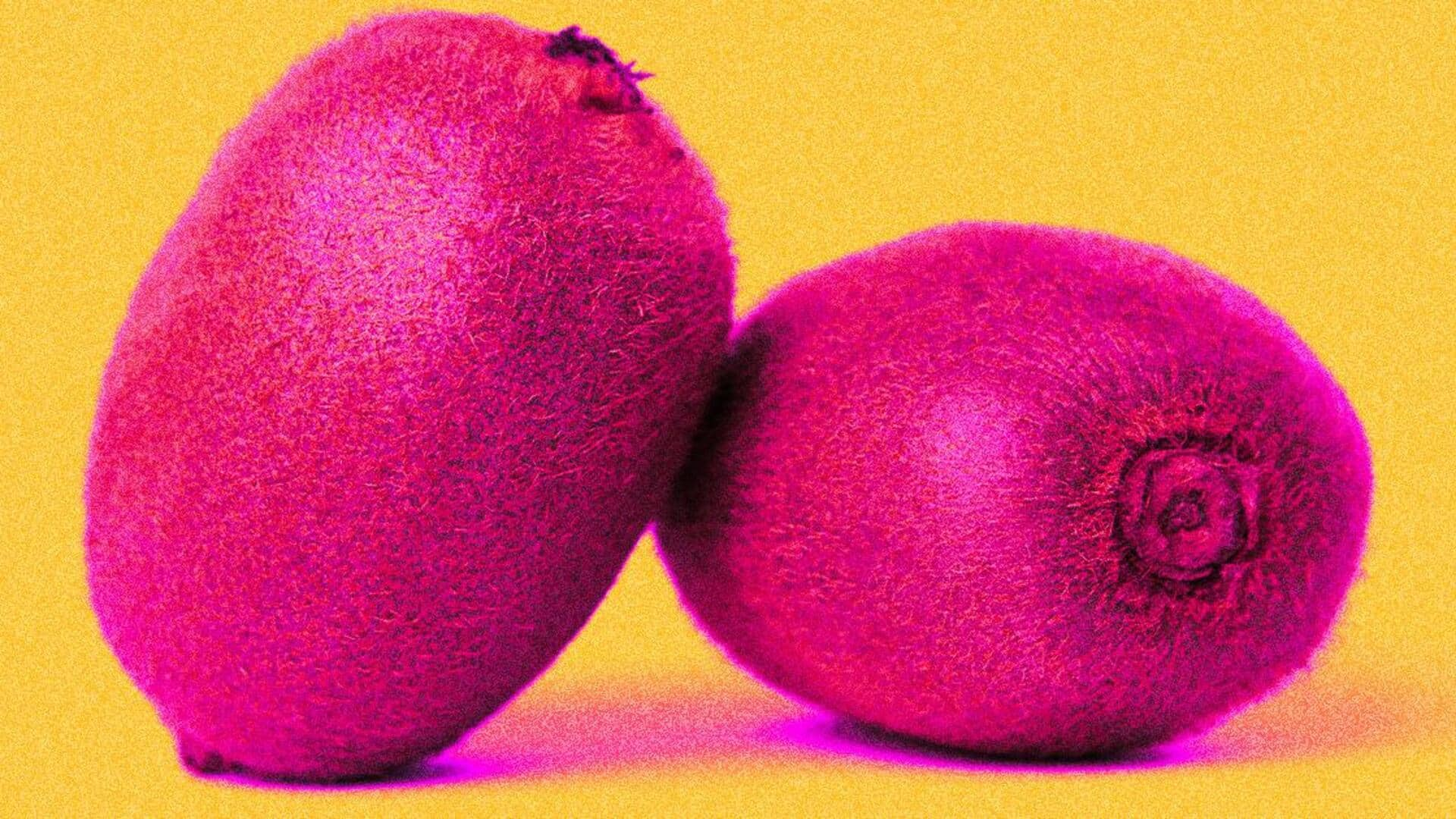
Scientists grow testicles in lab for male infertility research
What's the story
Scientists at Israel's Bar-Ilan University have made a significant breakthrough in the field of male infertility. The researchers grew artificial testes from cells of mice in a petri dish. These organoids mimic the basic structures of testes, which include the tubules and general oblong shape. This development follows the 2015 success of US researchers who made a testosterone-producing pair using human stem cells.
Cause
Addressing male infertility
Male infertility affects approximately 2% of men worldwide, with 40-50% of fertility issues in couples stemming from male factors. Dr. Nitzan Gonen, a fetal sex determination expert at Bar-Ilan University, is working to shed light on the complex world of testicles, sperm, and male infertility. Her team's research was recently published in the International Journal of Biological Sciences.
Science
Over 100 genes linked to sex reversal
Dr. Gonen stated, "Science today recognizes more than 100 genes in which mutations can cause sex reversal, but we think this is only the tip of the iceberg." The researchers sought a cellular system to study these genes and mutations, and this breakthrough provides an in vitro system for further investigation into male fertility and genetic factors.
Upcoming
Future developments and challenges
While scientists are yet to grow these artificial testicles in vitro (within the body) or produce sperm, this advancement is a crucial step forward since the pioneering stem cell research in 2015. With continued progress in laboratory-grown sperm stem cells, it may only be a matter of time before reproduction processes are recreated inside labs and in vitro. This will potentially offer new solutions for couples struggling with infertility.